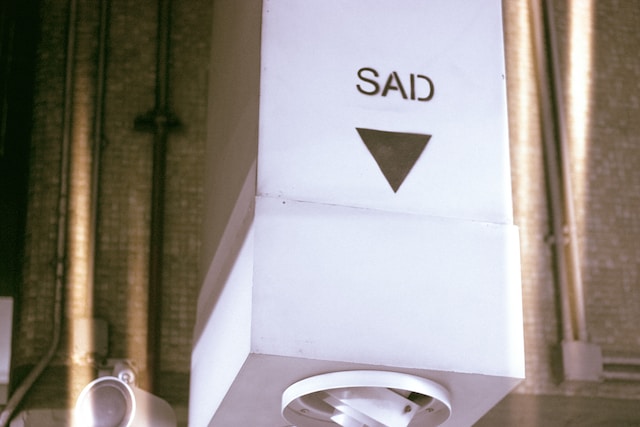Introduction: Depression, a pervasive mental health condition affecting millions worldwide, can be a daunting journey for individuals seeking the best treatment options. With a myriad of strategies available, it is crucial to navigate this complex landscape in search of effective interventions. In this article, we explore the road to recovery and delve into the factors that influence finding the best treatment for depression.
- Seeking Professional Help: The First Step: Recognizing the signs of depression and seeking professional help is the critical first step on the road to recovery. Consulting a healthcare professional, such as a primary care physician or mental health specialist, allows for an accurate diagnosis and assessment of the severity of the condition. They can provide guidance, recommend appropriate treatment options, and ensure a tailored approach to individual needs.
- Therapy: Harnessing the Power of Talk: Therapeutic interventions play a fundamental role in the treatment of depression. Various modalities, such as cognitive-behavioral therapy (CBT), dialectical behavior therapy (DBT), and acceptance and commitment therapy (ACT), offer different approaches to addressing depressive symptoms. These therapies provide a supportive and non-judgmental space where individuals can explore their thoughts, emotions, and behaviors, develop coping skills, and gain insights into their unique experiences.
- Medication: Balancing Brain Chemistry: Medication can be an essential tool in managing depression, particularly for moderate to severe cases. Antidepressant medications, such as selective serotonin reuptake inhibitors (SSRIs) and atypical antidepressants, work by balancing chemicals in the brain that affect mood. The decision to pursue medication should be made in consultation with a healthcare professional, who can assess the benefits, potential side effects, and interactions with other medications.
- Complementary and Alternative Approaches: Exploring Additional Avenues: Complementary and alternative approaches can be valuable additions to traditional treatment options. Techniques like mindfulness meditation, yoga, and acupuncture have shown promise in reducing depressive symptoms and promoting overall well-being. These practices can complement therapy and medication, offering individuals additional tools to cope with their condition and enhance their recovery journey.
- Support Systems: Building a Strong Network: Building a strong support system is crucial for individuals on the road to recovery from depression. Friends, family, support groups, and online communities can offer understanding, empathy, and encouragement. Engaging with others who have experienced similar struggles can provide validation, reduce feelings of isolation, and foster a sense of belonging.
- Self-Care and Lifestyle Adjustments: Nurturing Well-being: Self-care and lifestyle adjustments are integral components of depression treatment. Engaging in activities that promote well-being, such as regular exercise, a healthy diet, sufficient sleep, and stress reduction techniques, can positively impact mood and overall mental health. Taking time for oneself, pursuing hobbies, and setting realistic goals can contribute to a sense of purpose and fulfillment.
Conclusion: The road to recovery from depression is a personal and multifaceted journey that requires a tailored approach. By seeking professional help, exploring therapeutic interventions, considering medication when appropriate, and incorporating complementary approaches, individuals can navigate their path to recovery more effectively. Building a strong support system and prioritizing self-care contribute to overall well-being and foster resilience. Remember, the best treatment for depression is one that aligns with individual needs, preferences, and circumstances. With determination, support, and a comprehensive approach, the road to recovery can lead to a brighter future.










